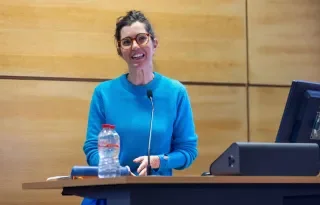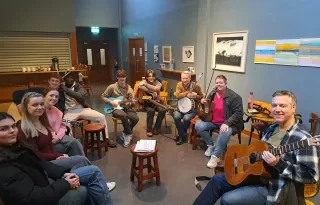Plastic is not so Fantastic! DkIT Researcher’s Passion for Our Environment’s Future
When Clodagh King completed her Leaving Certificate almost 10 years ago, she wasn’t 100% sure what she wanted to do at third level, but she most definitely didn’t think she’d end up doing a PhD research project on the accumulation of microplastics in soils and terrestrial ecosystems. For Clodagh her educational journey has been full of twists and turns as she tried to figure out what she wanted to study, but once she discovered environmental science she instantly fell in love.
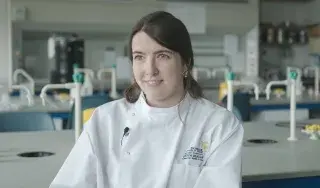
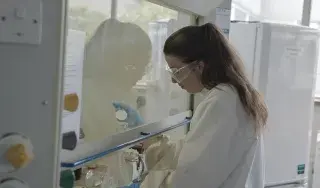
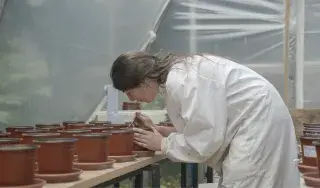
Once Clodagh started her BSc (Hons) in Environmental Bioscience in Dundalk Institute of Technology (DkIT) in 2015, she knew she was exactly where she should be, she’d found her passion. Clodagh’s newfound enthusiasm for nature and the world she lived in inspired her to address the ongoing problems relating to environmental and climatic degradation.
After four fantastic years at DkIT which saw Clodagh graduating with a first-class honour and been awarded several academic honours including the Presidents Prize for academic excellence, she was encouraged to start her funded PhD research project. The support, belief, and encouragement she received from her lecturers on her PhD ambition were pivotal to her starting her research in 2019.
Clodagh’s PhD is focused on microplastics, and her research project is titled Agcumulate: a study on the accumulation of microplastics in soils and terrestrial ecosystems. The project is currently being conducted within the Centre for Freshwater and Environmental Studies (CFES) in DkIT. Clodagh Said:
“Our Preliminary results show there are microplastics accumulating in Irish agricultural soils and terrestrial ecosystems, these initial findings would support some recent studies published on the accumulation of microplastics in agricultural environments globally”.

